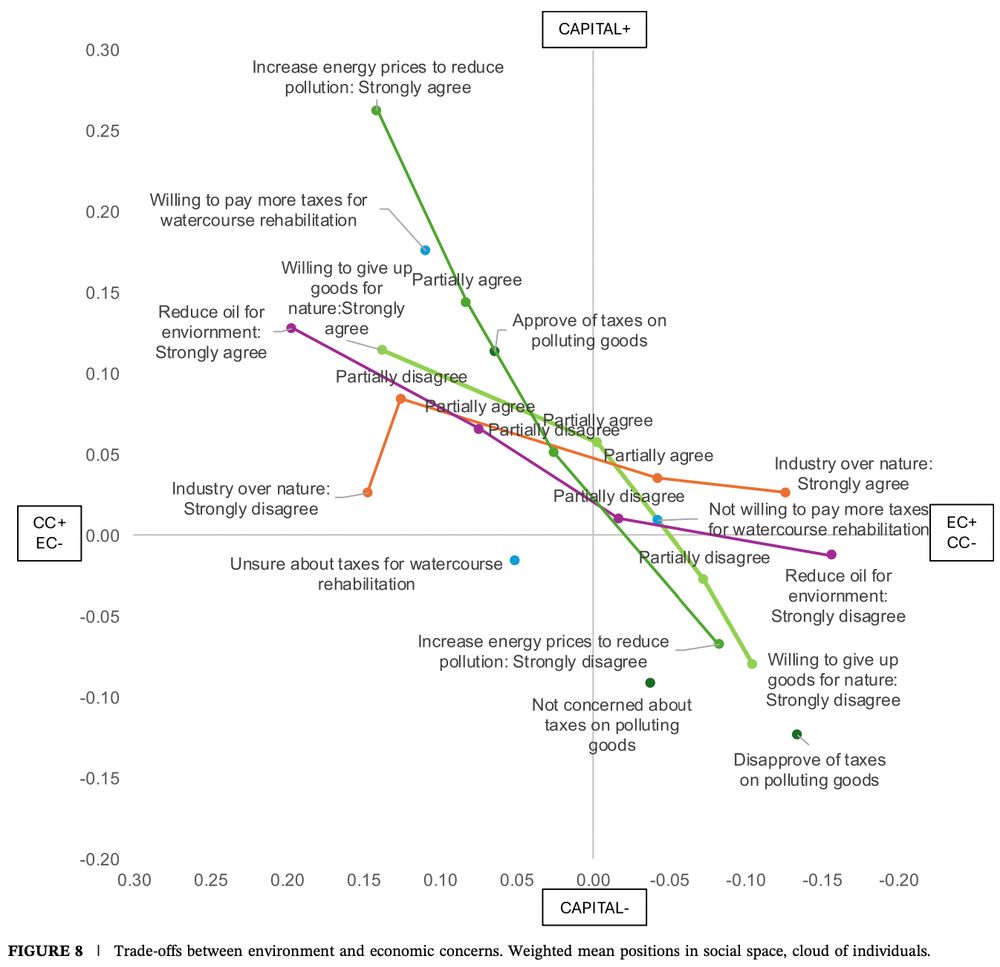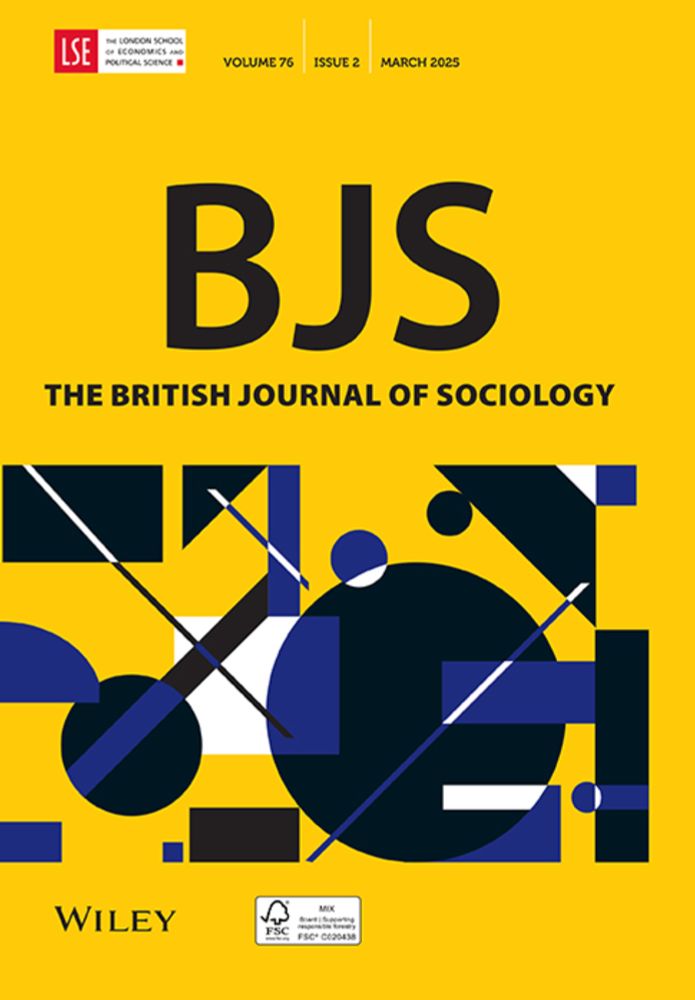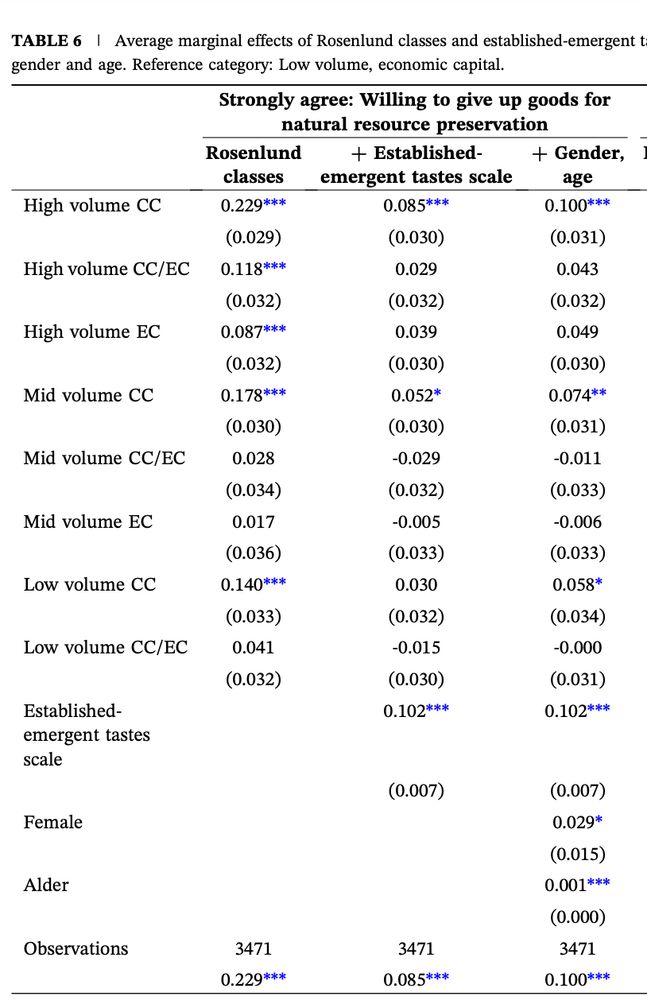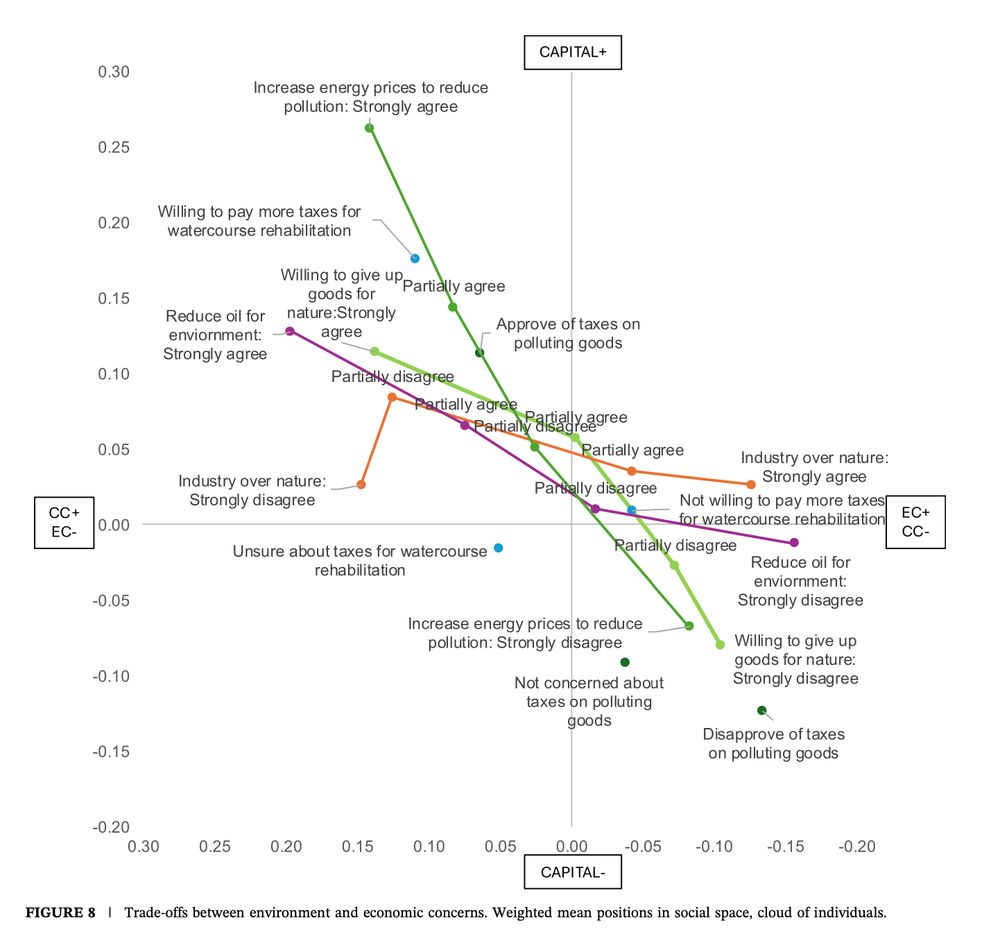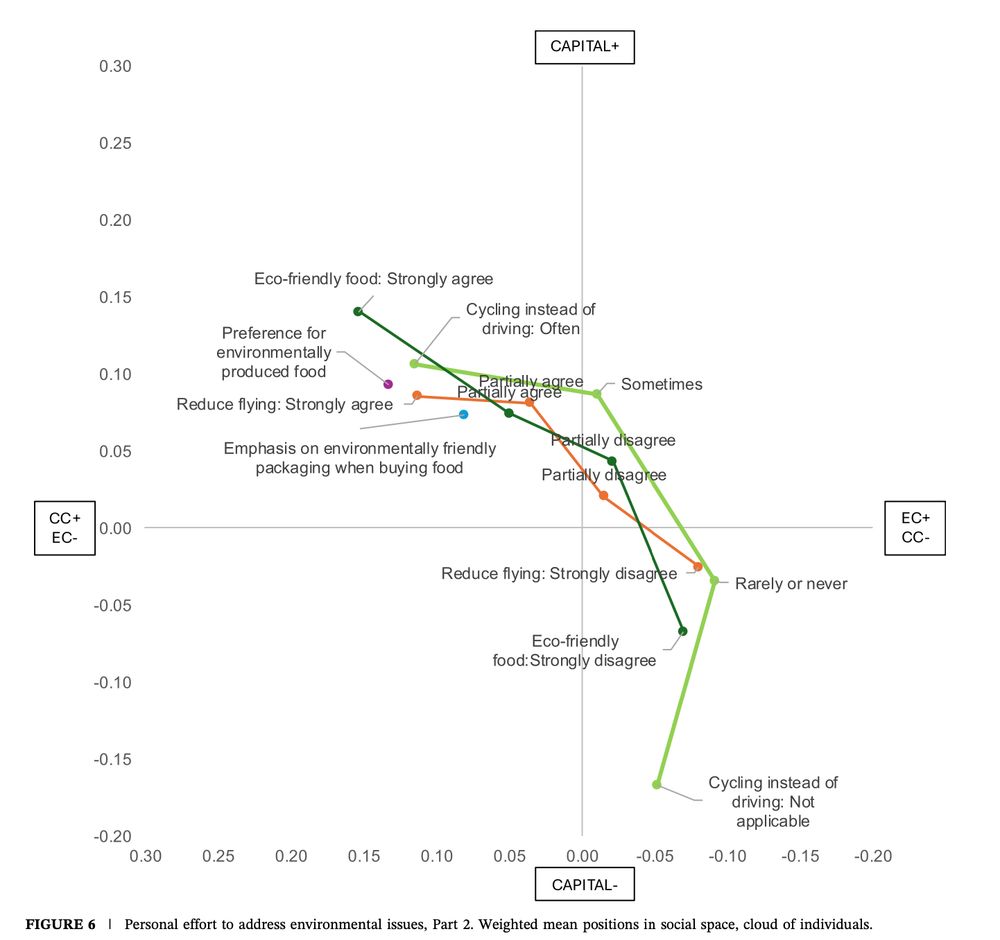Magne P. Flemmen
@magneflemmen.bsky.social
2.2K followers
1.5K following
200 posts
Sociology prof at University of Oslo. Class, culture, politics, theory. Member of The European Center for the Study of Culture & Inequality. Associate editor, European Societies. Editorial board of ASR. Frank Parkin Appreciation Society.
Posts
Media
Videos
Starter Packs
Reposted by Magne P. Flemmen
Reposted by Magne P. Flemmen
Reposted by Magne P. Flemmen
Reposted by Magne P. Flemmen
Reposted by Magne P. Flemmen
Reposted by Magne P. Flemmen
Reposted by Magne P. Flemmen
Reposted by Magne P. Flemmen


